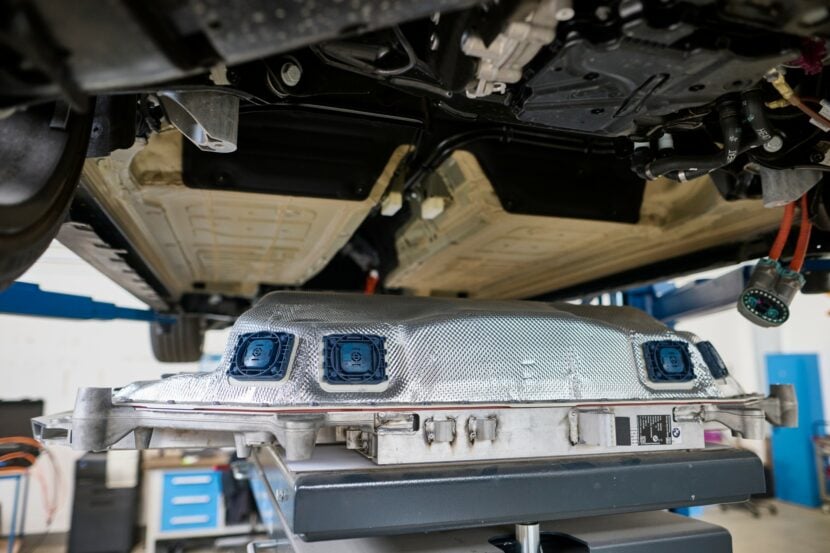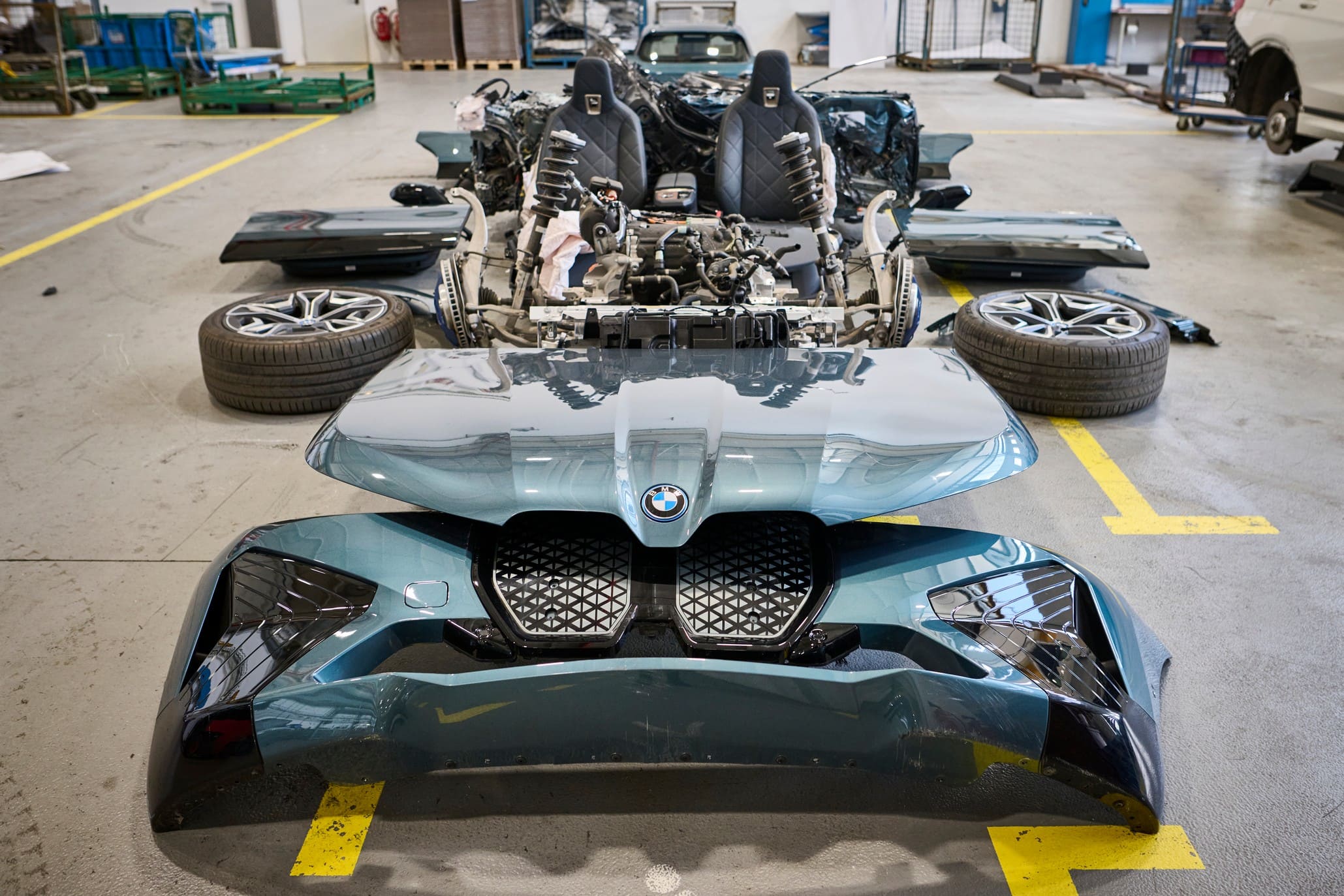Going green takes a lot more than just flooding the market with electric vehicles while gradually discontinuing cars running on fossil fuels. Yes, EVs have zero emissions, but the manufacturing process is still bad for the environment. To that end, BMW is tackling the sensible subject of building cars in a sustainable manner by planning to cut CO2 emissions by the end of the decade across the entire value chain by a whopping 40% compared to 2019 levels.
To make it happen, the BMW Group – including MINI and Rolls-Royce – has what it refers to as a 360-degree sustainability approach, including everything from resource extraction to production and recycling. Speaking of which, nearly 30% of all BMW Group cars are already being made using recycled and reused materials collectively known as secondary raw materials, with the next step being to hit 50%.

The BMW Group delivered more than 2.5 million vehicles last year, reaching an all-time high. It goes without saying a tremendous amount of electricity was needed to power the manufacturing process. The German automotive conglomerate has more than 400 contracts with suppliers to use 100% green electricity, from aluminum to battery cells and everything in between. From 2024, all cast aluminum wheels for the BMW and MINI brands will be made using solely green electricity.
Of course, going green also involves a great deal of EVs. At least half of all annual deliveries the BMW Group will make by 2030 will be purely electric. From the early next decade, MINI and Rolls-Royce will completely abandon combustion engines.
The ultimate goal? To achieve climate neutrality by 2050 as per the Paris Climate Agreement. The BMW Group is also the first German automaker to sign the “Science Based Targets initiative” (SBTi) “Business Ambition for 1.5°C,” which implies following a “scientifically validated and transparent path” to eliminating emissions.
Source: BMW


















































